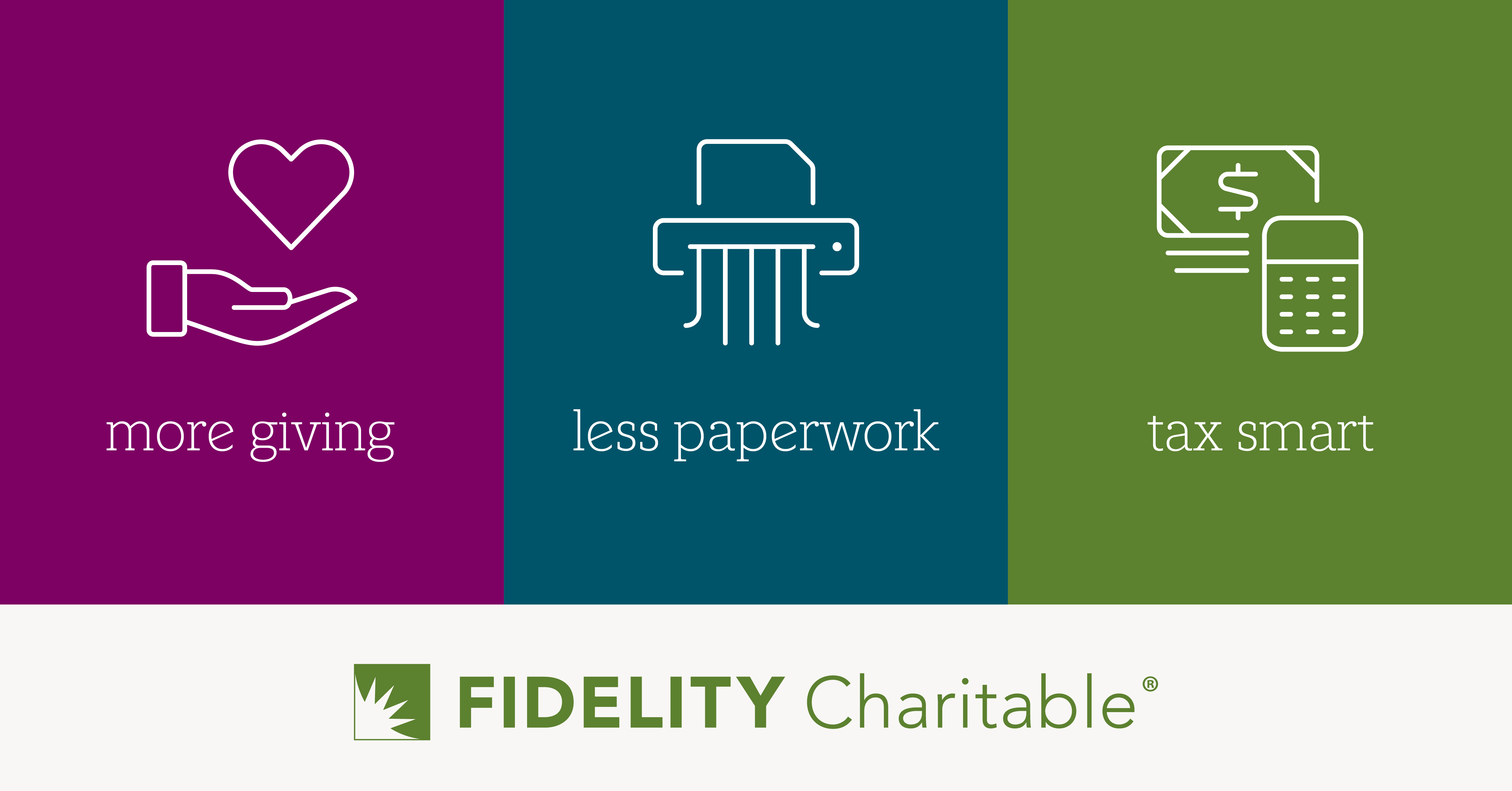Companies can influence something other than their bottom line. They can, in fact, be change agents within their communities, their nations, and the world at large. And while doing so they can increase their appeal to candidates and consumers alike.
The trend toward Corporate Social Responsibility (CSR) has been fueled by Millennials and those comprising Generation Z, who have shown themselves to be more sensitive about the world around them than previous generations. As a result, they would much prefer to work for (and buy from) a company whose values align with their own.
The 2016 Cone Communications Millennial Employment Engagement study, for instance, spelled it out as follows:
- 88 percent of Millennials find their jobs more fulfilling when they are given opportunities to positively impact social and environmental issues;
- 83 percent would be more loyal to a company that enables them to contribute to such issues;
- 75 percent would take a pay cut to work for a responsible company;
- 64 percent take into account a company’s social and environmental stances when deciding where to work;
- 64 percent will look elsewhere for a job if a given business isn’t committed to CSR.
Generation Z is on board, too
Cone Communications came back with another study the following year showing that Generation Z is even more committed to social causes — that, in fact, 94 percent of those in that age cohort believe companies should address such issues, seven percent more than those who count themselves as Millennials.
This line of thinking is not, however, as prevalent among the wider population. While the sixth annual Conscious Consumer Spending Index showed that 59 percent of Americans purchased goods or services from a socially responsible company in 2018, that number has been in decline the last three years. Other measures of social responsibility, like the percentage of people donating to charity and going green, likewise trended downward last year. Ditto for indicators like the number of people who volunteered or reduced their energy consumption.
Important to Tread Lightly
It is left, then, for these younger generations to shoulder the load, as they showed once again on Sept. 20, 2019 by marching in cities all over the world, in protest of climate change inaction by various governments (including the one in U.S.). That is indicative, however indirectly, of something businesses would do well to understand, whether they are attempting to appeal to these age groups as consumers or potential workers: Millennials and those in Generation Z demand transparency.
Anything less than a straightforward approach will be sniffed out by these tech-savvy folks.
The days of clever marketing campaigns are long gone.
Those pitches have given way to social media campaigns that are very direct, very forthright. Charles Taylor, a professor of marketing at the Villanova School of Business and Senior Research Fellow at the Center for Marketing and Consumer Insights, put it this way in a piece for Forbes:
… CSR is highly important to young consumers, but that it is also delicate. Companies that commit to issues that resonate with a large number of consumers and are viewed as authentic enhance the chance of a successful campaign. Efforts that are short-term or cursory are likely to be a mistake.
And so it is with companies trying to attract and retain the best workers. One report argued that with the unemployment rate at 3.7 percent at the end of 2018 and earnings up 2.8 from the year before, talented workers are free to pick and choose those companies for which they might want to work — and that CSR would likely be one of the factors they take into account. (Ditto for when they might want to change companies; Nearly half of Millennials, for instance, expect to depart their jobs within two years.)
Businesses on Board
Companies have taken heed, understanding that happier employees are more engaged and more productive, which in turn improves the bottom line. Moreover, the company’s reputation outside its walls is enhanced by a commitment to CSR. And that too can only enhance its profitability.
As a result, we have seen Xerox adopt a community involvement program that since 2012 has resulted in the funding of 18,000 projects undertaken by some 400,000 employees. We have seen Chipotle and Intermarche attempt to counter worldwide food waste by offering deep discounts on “ugly” produce. We have seen TOMS Shoes commit to donating one pair of footwear to a child in need, for every pair the company sells — meaning it has handed out some 60 million pairs to date.
Also notable are companies like Johnson & Johnson and Google, which have committed to renewable energy, and Coke, which has attempted to reduce its carbon footprint by committing to alternative fuel in its delivery trucks.
The Allure Group has likewise made a commitment to causes outside its walls, whether through its Breast Cancer Awareness Fundraiser, its participation in such events as a sock drive for the homeless or a backpack/school supply giveaway for nearby schoolchildren or by providing CNA training to those in the Asian-American community adjacent to one of its facilities.
It is clear, then, that companies can serve as change agents by committing to CSR, and equally clear that everybody benefits when they do so — the business itself, its employees, and most of all, those in need.







